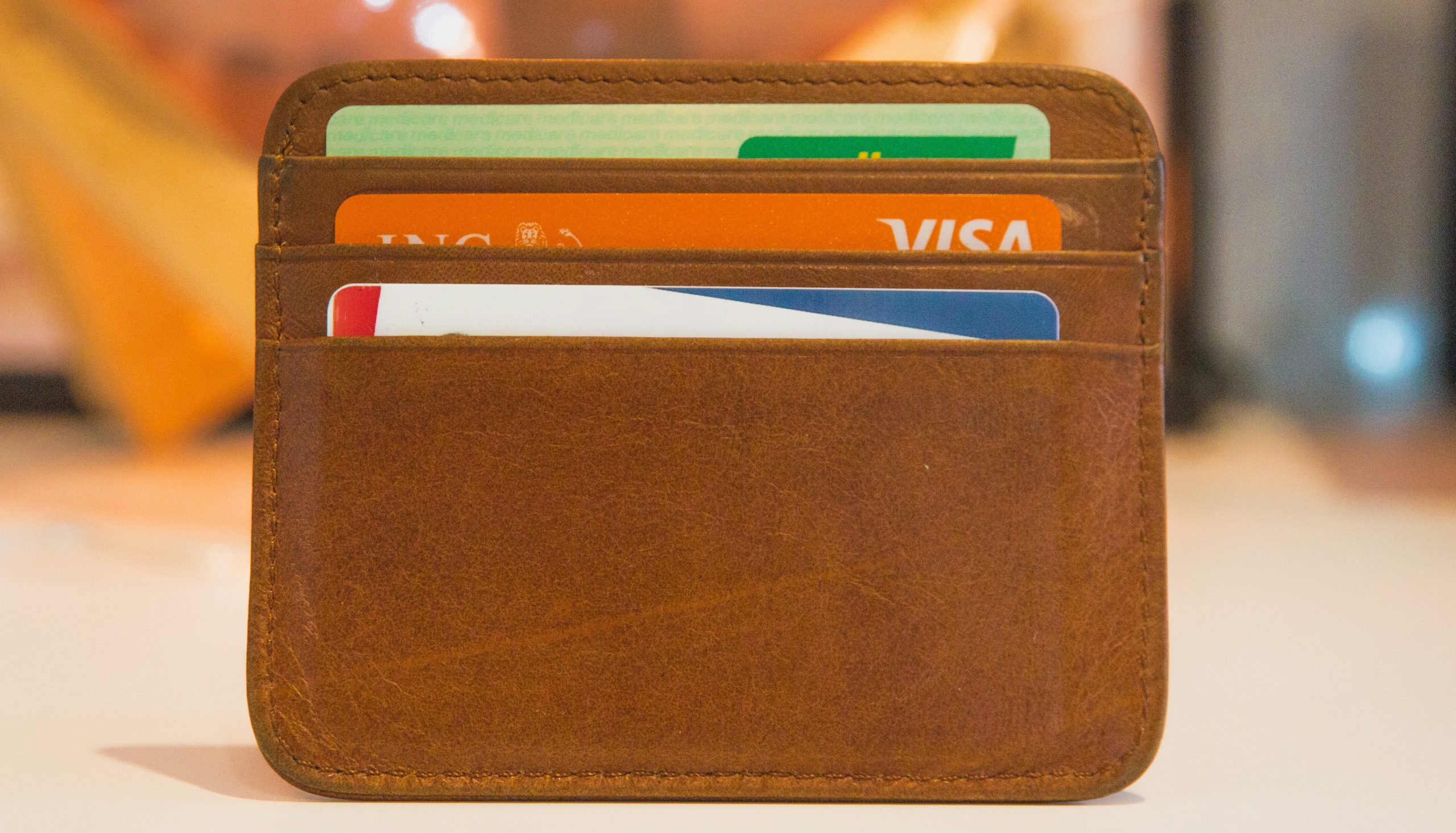-
Set up automatic payments through your bank.
-
Use calendar reminders to avoid missing deadlines.
-
Paying down balances regularly.
-
Requesting a higher credit limit (but don’t increase spending)
________________________________________
3. Maintain Older Credit AccountsThe length of your credit history contributes to your score. Older accounts in good standing show a longer track record of responsible credit use. To benefit:-
Keep your oldest credit cards or accounts open and active, even if you don’t use them often (a small, occasional purchase can suffice).
-
Avoid closing accounts unless they carry high fees or pose a risk.
___________________________________4. Diversify Credit Types (Wisely)Having a mix of credit types—like credit cards, installment loans (e.g., auto or personal loans), or a mortgage—can positively impact your score. However:-
Don’t open new accounts just for variety; only take on credit you need and can manage.
-
Focus on maintaining existing accounts well.
__________________________________5. Limit New Credit ApplicationsEach time you apply for new credit, a hard inquiry is added to your credit report, which can temporarily lower your score. To minimize this:-
Apply for new credit sparingly, only when necessary.
-
Shop for loans (like a mortgage or car loan) within a short period (e.g., 14–45 days), as multiple inquiries for the same purpose may count as one.
_______________________________6. Check and Correct Credit Report ErrorsMistakes on your credit report—like incorrect late payments or accounts that aren’t yours—can drag your score down. Take these steps:-
Request a free credit report from each of the three major bureaus (Equifax, Experian, TransUnion) annually at AnnualCreditReport.com.
-
Review it for errors and dispute inaccuracies with the bureau directly, providing supporting documentation if needed
_____________________________Final TipsConsistency is key—improving your credit score takes time, but these habits will steadily build it up. Avoid drastic negatives like collections or bankruptcies by managing debt responsibly. By following these steps, you’ll enhance your creditworthiness and open doors to better financial opportunities.
-


 Facebook
Facebook
 X
X
 Pinterest
Pinterest
 Copy Link
Copy Link
